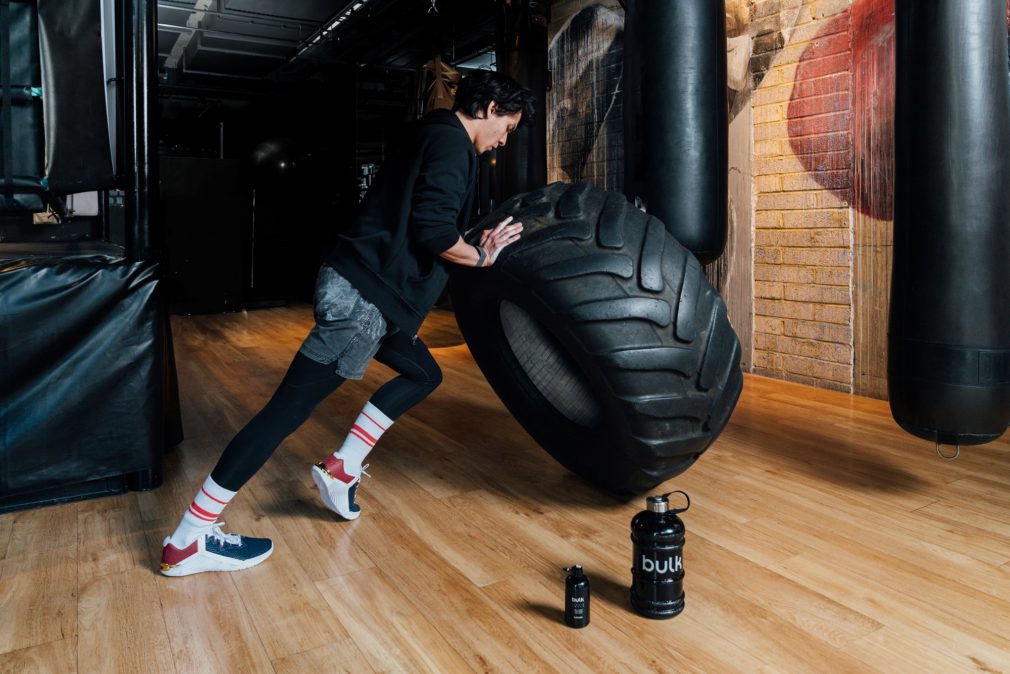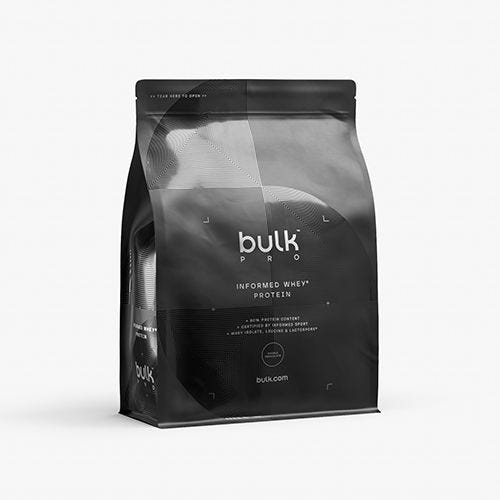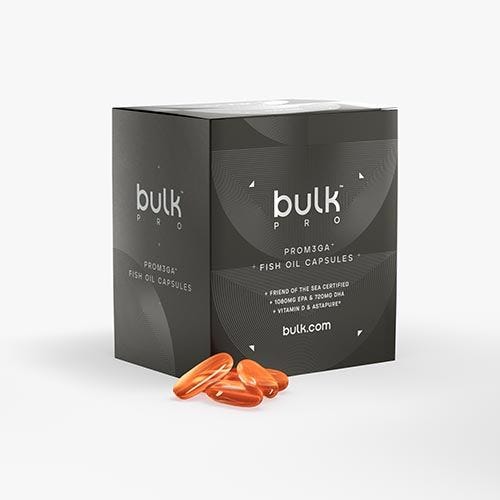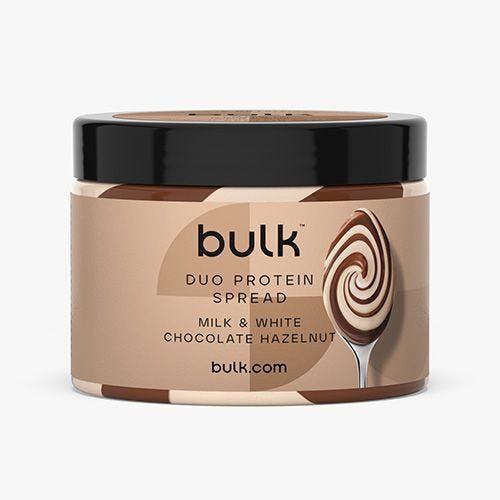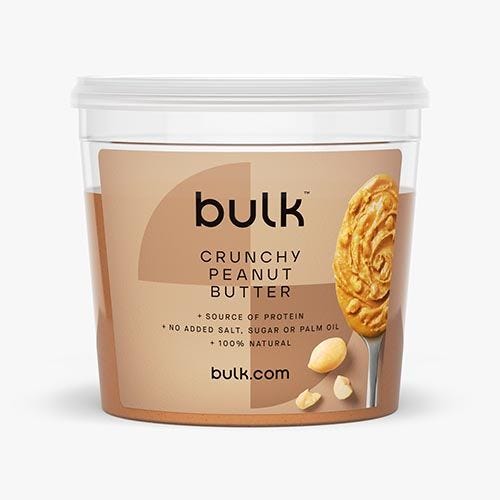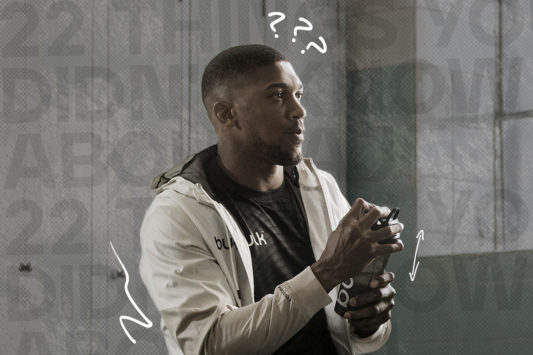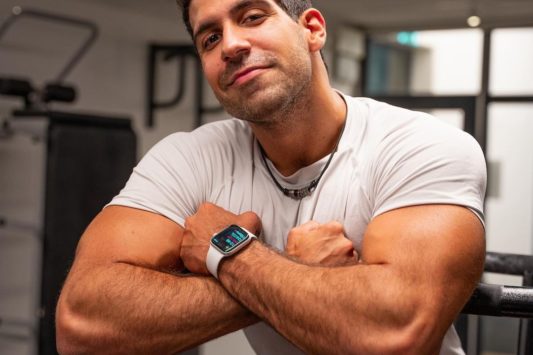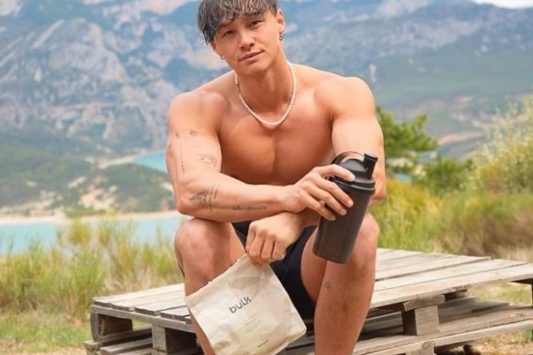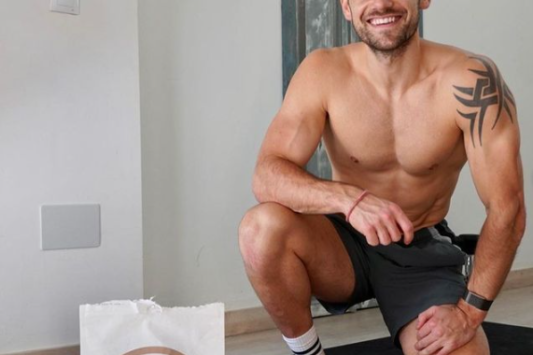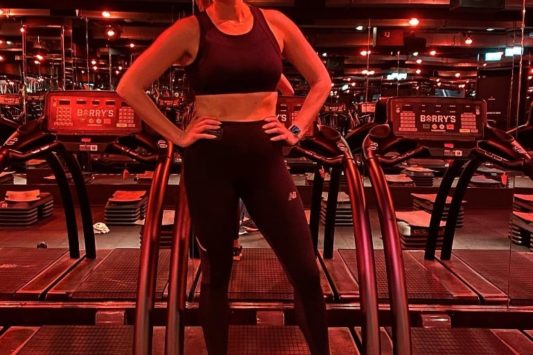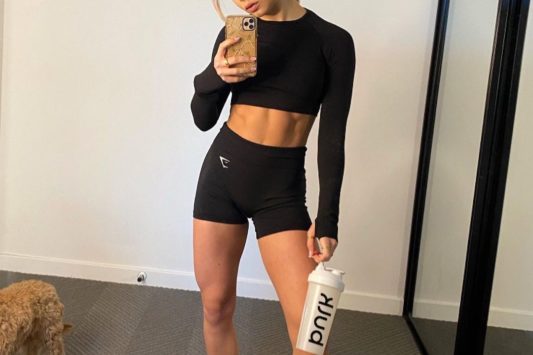Bulk athlete Oliver Lam-Watson was born with a disability that affects his left leg and has been on forearm crutches since the age of 8. After finishing university, he had to make the decision whether or not to amputate his leg. We spoke to Oliver about how he got to where he is today – an aspiring Paralympian.
I decided to get into fitness to understand what living with a disability meant after my doctor told me I would never run or walk again normally. I spent 6 months training and started signing up for obstacle course races. When I decided I wanted to take it more seriously, I sat down and looked at every single Paralympic sport on the list. I discovered wheelchair fencing and 6 months later was selected for my 1st international competition. Fast forward to today and I’ve been to both European and world champs and in 2020 I began to train full time for the Tokyo 2021 Paralympics as a program funded athlete.
Oliver, how are you feeling about the upcoming games?
Excited, nervous, scared, motivated – all of the above! I think there’s an overriding feeling of pride to be selected and to represent my country at the greatest show on Earth. I put a lot into this over the last few years and sacrificed a lot, so I feel a real sense of achievement in my selection. It’s really nice to feel as though the hard work has paid off.
How long have you been fencing for?
I’ve only been fencing for around 3.5 years, the time has flown by. I still remember the day I first picked up a sword. It has been challenging competing against other fencers with decades of experience. I’ve tried to switch up my training with a mixture of CrossFit and a few alternative methods as I don’t feel as though I would be able to get ahead of my opponents doing the same thing they’re doing day in day out.
How far in advance does your preparation begin for the Paralympics?
In wheelchair fencing we have a 2 year qualification period, so since 2019 we have been working towards Tokyo. Since I started I’ve been pushing it pretty hard, so my training hasn’t changed too much in the run up. I have an all or nothing approach to life so to me it made sense to commit 100% from day 1. I don’t like the idea of thinking I could have worked harder, especially when it comes to something as critical as this. Over the years I have found ways to streamline my training and train smarter which allowed me to make the most of my time and energy in the run up to the Games.
Covid and lockdowns have thrown a huge spanner in the works for a lot of athletes. Getting another year of training before the games has been huge for me. It’s almost 1/3 of my entire career so far so I really used that time and trained from home or the local park – which was great!
What does your diet and nutrition plan look like during training?
Nutrition is a huge part of training and sport. It can often be overlooked as people like to focus on the actual training time. It’s as important if not more to focus on what you’re doing for the other 23 hours a day. I try to eat mainly plant-based, I don’t like the term “on a diet” as it implies that you’re going to come off at some point and I believe consistency is key. I think most things are okay in moderation and try to cook most foods from scratch to avoid processed ingredients.
I use a lot of the bulk™ food range, nut spreads and butters, along with the Pro range as they are all batch tested. Everything from Informed Whey to Prom3ga. I always try to make sure I’m taking care of my body with the fuel it needs so that it can give me the performance I need.
Physically, how intense does the training & preparation become?
Honestly I couldn’t describe to you how intense it’s become recently, and it’s really been testing for me. I think it’s really made me realise the difference between being an ‘athlete’ and someone who just does sport. Before I started sport I got the impression that all athletes just got to do sport all day, eat what they wanted and look great all the time. It’s really tough at times and sometimes it makes you wonder if you got what it takes. I try to keep pushing myself as hard as I can, and because of that I’m learning a lot about myself. I think that’s one thing that sport has really given me, its allowed me to understand and know myself a lot better you learn a lot about yourself in the toughest moments. Moments when you’re pushing yourself and on the edge of what you think is possible, then go a bit further, can show how much you’ve got in you. I definitely surprised myself at times!
How do you mentally prepare?
This is a huge part of any sport, and it’s something that people often don’t realise. I think the physical side of things is only half the battle and the other half is the battle in your own head. I really try to work on myself and keep myself in a good space mentally. Enjoying the little things is a great way to do this. Making nice coffee, driving and binging on the latest series are a few of the ways I try to get that recovery. Mental and physical recovery is just as important as the training itself.
Good luck Oliver! We will be cheering you on from bulk™ HQ. You can follow Oliver at his instagram @oliverlamwatson and for more nutrition tips, recipes and ambassador workouts, check out @bulk and get involved in the conversation by tagging #TeamBulk and be part of our community.
Related articles
Looking to learn more? We believe that every person, with support, has the right to transform their lives through fitness. That’s why we’ve put together these articles to help you on your fitness journey.
Anthony Joshua facts Weight training for boxing
How realistic are superhero workouts? Anthony Joshua Q&A
Body editing apps How Anthony Joshua prepares for fights
AJ meets Kate Farley Women’s strength training
History of Bulk Katarina Johnson-Thompson training plan
